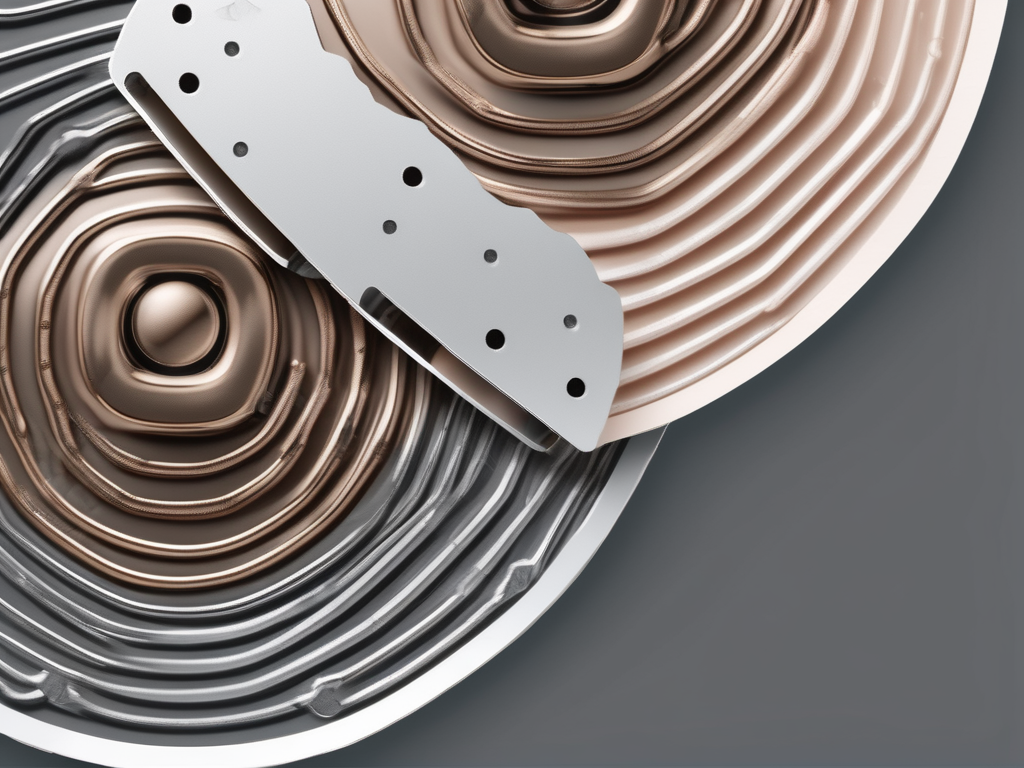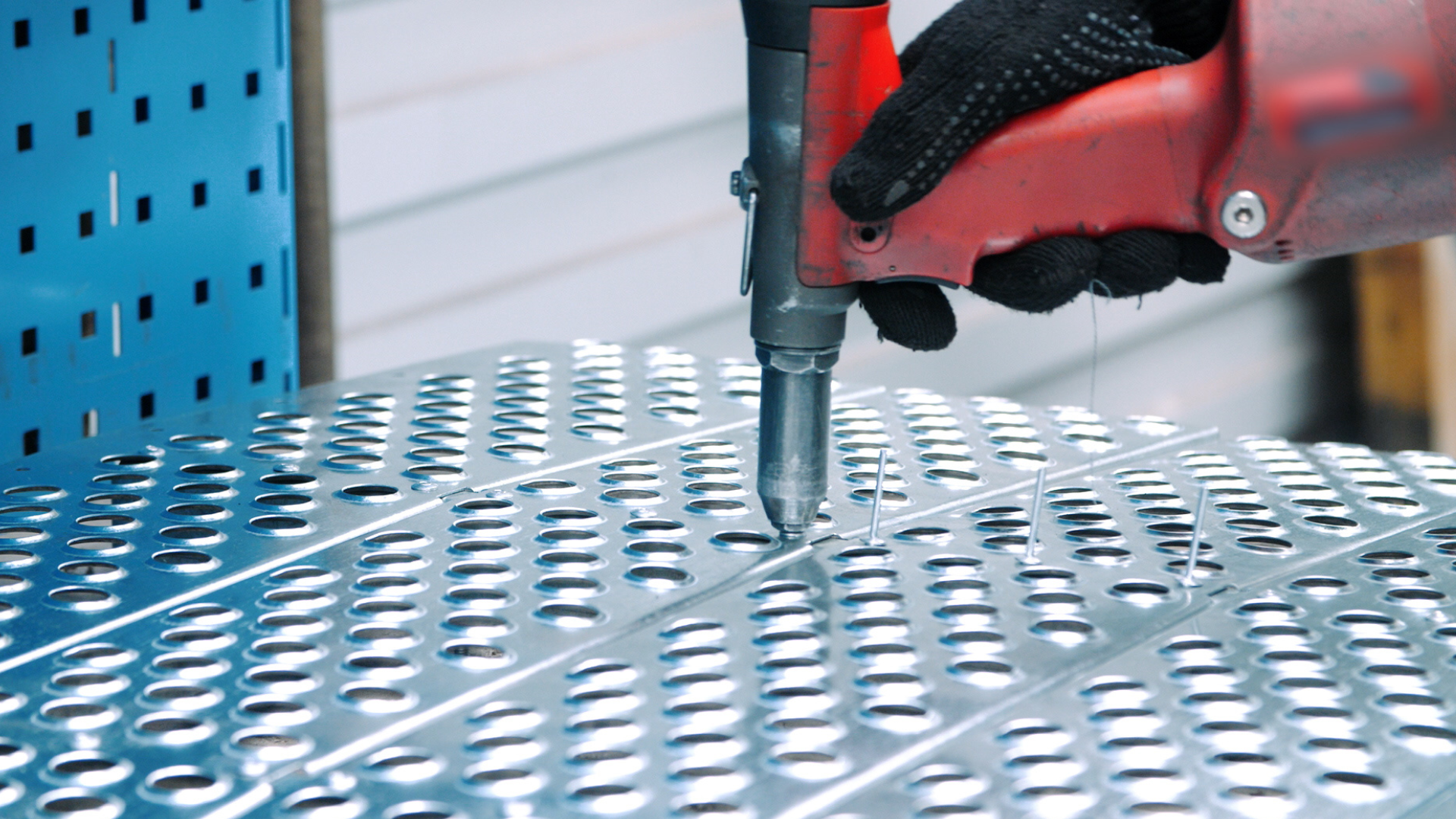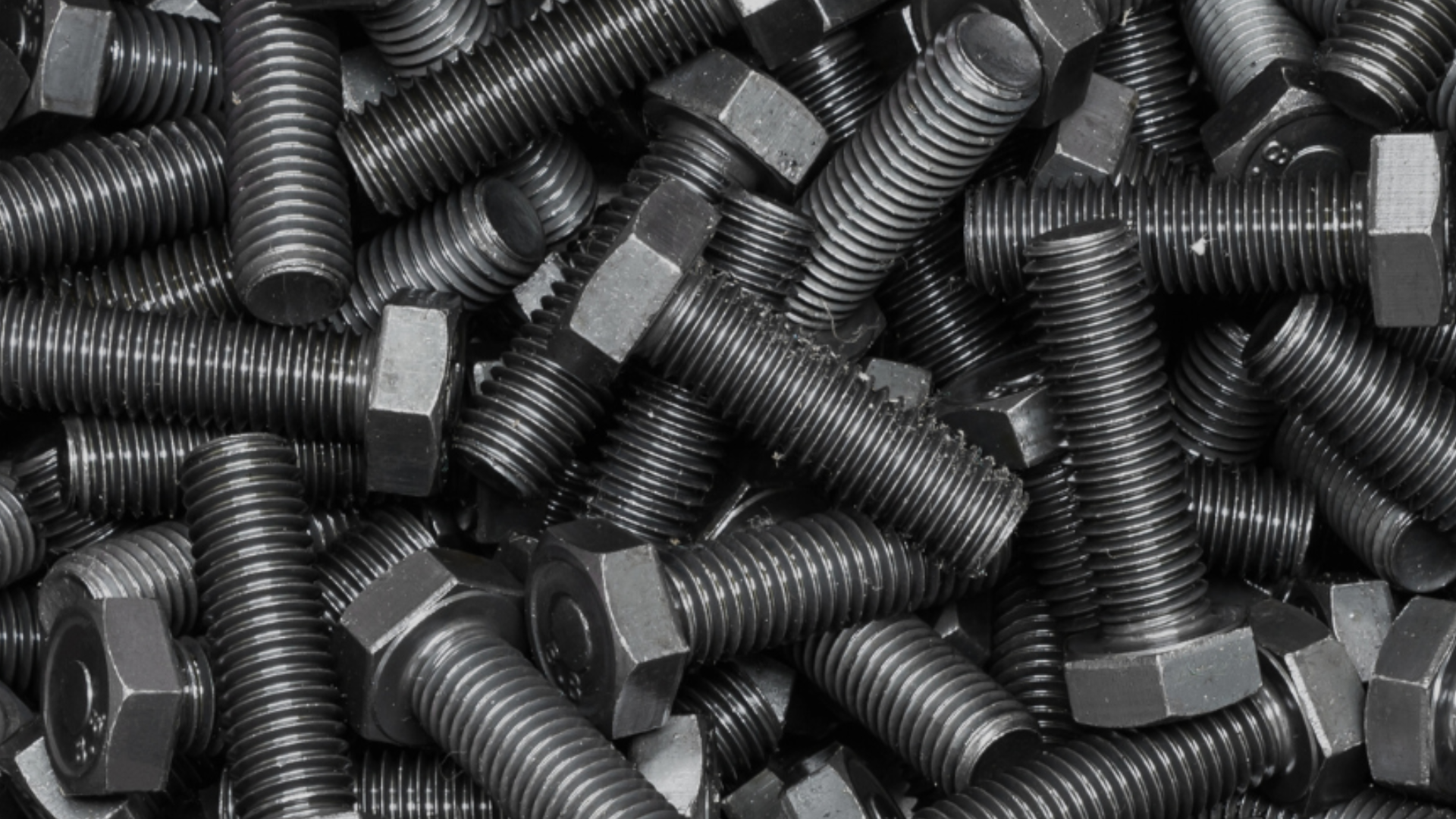Have you ever wondered what goes into the cost of a CNC machine? Or maybe you’re considering investing in one but don’t know where to start? Well, you’ve come to the right place! In this ultimate guide, we’ll take you on a journey through the world of CNC machines, exploring everything from key buying factors to understanding the costs involved. So, buckle up and get ready for an adventure in the world of precision engineering!
Table of Contents
Key Factors to Consider When Buying a CNC Machine
When it comes to purchasing a CNC machine, there are several key factors that you need to consider. Let’s dive in and explore each of them in detail!
Size, Complexity, and Accuracy: What to Look for in a CNC Machine
One of the first things you need to consider when buying a CNC machine is its size. Are you planning to work with small or large parts? The size of your machine will determine the maximum dimensions of the parts you can produce.
But size is not the only factor to consider. You also need to think about the complexity and accuracy of the machine. Are you looking for intricate designs with tight tolerances? If so, you’ll need a CNC machine that offers high precision and repeatability.
When it comes to complexity, you may want to consider the number of axes the machine has. A machine with more axes can perform more complex operations, allowing you to create more intricate and detailed parts.
Remember, the size, complexity, and accuracy of the CNC machine will directly impact its cost. So, choose wisely!
Speed and Material Compatibility: Important Considerations for CNC Machines
Another crucial factor to consider is the speed and material compatibility of the CNC machine. How fast do you need your machine to operate? Different machines have different speed capabilities, so be sure to choose one that meets your production requirements.
Speed is not the only consideration when it comes to productivity. You also need to think about the material compatibility of the machine. Some CNC machines are better suited for cutting metal, while others excel at working with wood or plastic. Make sure the machine you choose is compatible with the materials you’ll be using.
Additionally, consider the type of cutting tools the machine supports. Different tools are designed for different materials and operations. Having a machine that can accommodate a wide range of cutting tools will give you more flexibility in your production process.
Brand Reputation and Additional Features: Choosing the Right CNC Machine
When investing in a CNC machine, it’s important to consider the brand reputation. Look for manufacturers with a solid track record and positive customer reviews. A reputable brand is more likely to provide reliable machines with excellent customer support.
Furthermore, consider the additional features and capabilities offered by the CNC machine. Does it have advanced software integration? Are there any automation features that could streamline your production process? These added benefits may come at an extra cost, but they can greatly enhance your overall productivity.
Another important aspect to consider is the availability of spare parts and technical support. A machine is only as good as its after-sales service. Make sure the manufacturer provides easy access to spare parts and has a responsive technical support team to assist you in case of any issues.
Lastly, consider the machine’s energy efficiency. CNC machines can consume a significant amount of power, so choosing an energy-efficient model can help reduce your operating costs in the long run.
By carefully considering these key factors, you can ensure that you choose the right CNC machine for your specific needs and maximize your productivity and profitability.
Exploring Different Types of CNC Machine Tools
Now that we’ve covered the key buying factors, let’s dive into the different types of CNC machine tools. Each tool has its own unique capabilities and applications, so let’s take a closer look!
Unleashing the Power of CNC Laser Cutters
CNC laser cutters are incredibly versatile machines that use a highly focused laser beam to cut through various materials with precision. They are widely used in industries such as automotive, aerospace, and jewelry making. Laser cutters offer intricate and clean cuts, making them perfect for detailed designs.
Did you know that CNC laser cutters can cut through materials as diverse as wood, acrylic, and even metal? With their incredible precision and speed, these machines are a go-to choice for many manufacturers.
One fascinating application of CNC laser cutters is in the creation of intricate patterns and designs on jewelry. These machines can carve out delicate shapes and engravings on precious metals, giving jewelry makers the ability to create stunning and unique pieces.
In the automotive industry, CNC laser cutters are used to fabricate precise and complex parts. From cutting body panels to creating intricate designs on interior components, these machines play a crucial role in the production of high-quality vehicles.
Precision Cutting with CNC Waterjet Cutters
If you’re looking for a CNC machine that can cut through thick materials with ease, CNC waterjet cutters are the way to go. These machines use a high-pressure stream of water mixed with abrasive particles to cut through materials like stone, glass, and metal.
CNC waterjet cutters offer exceptional accuracy and can handle a wide range of materials. Their versatility makes them popular in industries like architecture, automotive, and aerospace.
One interesting application of CNC waterjet cutters is in the creation of intricate mosaics and art pieces. Artists can use these machines to precisely cut different materials and then assemble them to create stunning works of art.
In the aerospace industry, CNC waterjet cutters are used to cut through thick composite materials used in the construction of aircraft. These machines ensure precise and clean cuts, allowing for the creation of lightweight yet strong components.
Versatility and Precision with CNC Routers
CNC routers are incredibly versatile machines that can carve out intricate designs on a variety of materials. Whether you’re shaping wood, plastic, or even soft metals, CNC routers can do it all.
These machines are often used in the production of furniture, signs, and decorative items. With their ability to create complex shapes and designs, CNC routers offer endless possibilities for creative minds.
One fascinating application of CNC routers is in the field of architecture. These machines can precisely cut and shape materials like wood and acrylic, allowing architects to bring their designs to life with intricate details and patterns.
In the world of woodworking, CNC routers are used to create custom furniture pieces. These machines can carve out intricate joints and decorative elements, resulting in beautifully crafted pieces that showcase the skill of the woodworker.
Milling Made Easy with CNC Milling Machines
When it comes to milling, CNC milling machines are the go-to choice. These machines use rotating cutting tools to remove material from a workpiece, creating precise and complex shapes.
From producing prototypes to mass manufacturing, CNC milling machines are essential in industries like automotive, aerospace, and mold-making. Their ability to handle various materials, including metals and plastics, makes them indispensable in today’s manufacturing landscape.
In the automotive industry, CNC milling machines are used to create molds for the production of car parts. These machines can accurately mill complex shapes out of materials like aluminum, allowing for the mass production of high-quality components.
In the field of aerospace, CNC milling machines are used to create precise and lightweight parts for aircraft. These machines can mill intricate features like airfoils and turbine blades, ensuring optimal performance and fuel efficiency.
Efficient Metal Cutting with CNC Plasma Cutters
If you work primarily with metal, CNC plasma cutters are the ideal choice. These machines use a high-velocity jet of ionized gas to cut through electrically conductive materials.
From simple shapes to intricate designs, CNC plasma cutters can handle it all. Their speed and efficiency make them popular in industries like metal fabrication, automotive, and construction.
In the field of metal fabrication, CNC plasma cutters are used to precisely cut and shape metal sheets for various applications. From creating structural components to fabricating intricate metal artwork, these machines offer unmatched versatility.
In the construction industry, CNC plasma cutters are used to fabricate steel beams and other structural elements. These machines ensure precise and clean cuts, allowing for efficient construction processes and high-quality results.
Understanding the Costs of CNC Machines
Now that you have a good understanding of the different types of CNC machine tools, let’s dive into the costs involved. It’s important to have a clear understanding of the financial aspects before making a purchase.
The cost of a CNC machine can vary greatly depending on factors such as size, complexity, accuracy, and additional features. On average, a basic CNC machine can cost anywhere from $10,000 to $50,000, while more advanced machines can range from $50,000 to $500,000 or more.
Keep in mind that the initial purchase price is just the beginning. There are several other costs to consider, such as installation, training, maintenance, and tooling. These expenses can add up, so it’s essential to factor them into your budget.
Despite the upfront costs, investing in a CNC machine can significantly improve your production efficiency, reduce labor costs, and increase overall quality. It’s a long-term investment that can pay off in the long run.
Additional Expenses to Consider When Buying a CNC Machine
When buying a CNC machine, it’s important to consider the additional expenses that come along with it. Let’s explore some of these expenses in more detail!
Assessing Your Specific Needs for a CNC Machine
Before making a purchase, it’s crucial to assess your specific needs. What type of parts will you be producing? How many units do you expect to manufacture? Understanding your requirements will help you choose the right machine and avoid unnecessary costs.
Space Considerations: Finding the Right Fit for Your CNC Machine
CNC machines require dedicated space in your facility. Make sure to consider the footprint of the machine, as well as any additional space needed for tooling, materials, and operator access. Properly planning your space will ensure efficient workflow and prevent costly rearrangements later on.
Setting a Budget: Determining Your CNC Machine Investment
Finally, it’s essential to set a budget for your CNC machine investment. Consider factors such as your production volume, expected return on investment, and financing options. Having a clear budget in mind will help you make a well-informed decision and avoid overspending.
With all these factors in mind, you’re now equipped with the knowledge to navigate the world of CNC machines effectively. Whether you’re a seasoned manufacturer or just starting out, understanding the costs and key buying factors is crucial for making the right investment.
So, go ahead and explore the world of CNC machines—a world of precision, efficiency, and endless possibilities!



